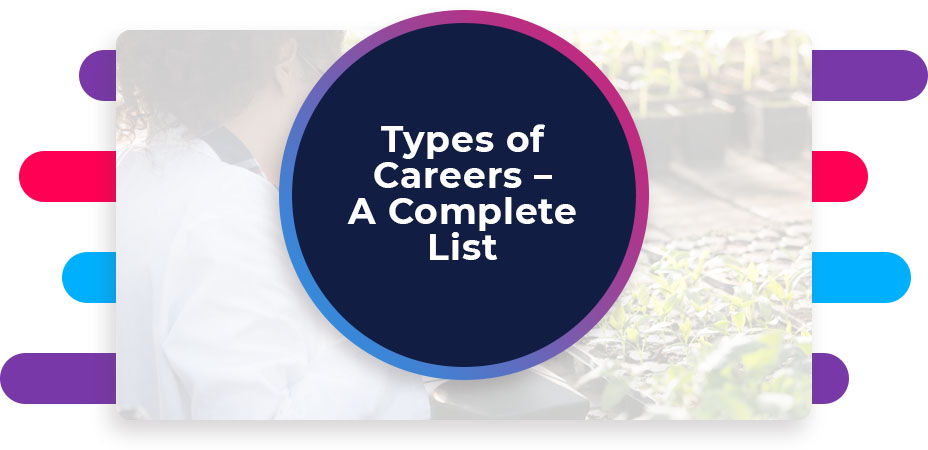
Summary: When evaluating your next career move, essentials like location, financial incentives, and coworkers all play a part. Here’s a quick list of what to keep in mind when you’re seeking a new job.
6 Things to Consider When Choosing a Career
According to data in Happiness at Work, the average person will work 90,000 hours over their lifetime. This is about one-third of a lifetime, and with more people retiring later, it’s no wonder that the pressure to choose the right career can often feel like a challenge. The most fundamental starting point is discovering what you are passionate about and what is important to you, like job satisfaction, meaningful work, a large salary, or job security. You may also want to think about whether your career choice will empower you to start on your career path immediately or if you will need additional education or training.
To help you get started, we’ve listed six essential career considerations. As you learn about the categories, start by making a list for each one. Then, you can refer to your list when researching careers or deciding whether to apply for a job.
1. Skills You Have or Will Need
What specific skills does this career require? Will you need them to begin in your field, or can you acquire them on the job? For example, suppose you have volunteer experience for a local nonprofit or charity. This volunteer role gives you experience working in an office environment and something to put on your resume.
On the other hand, if you want to go into a scientific field, you may first need the right education, like a specific college degree. A hobby or passion can also develop into a career. For example, a love for animals may be the start of becoming a vet tech or a similar career.
2. Location
Location is another important factor in your career choices, such as if you prefer to be in a big city or small town or are open to moving for a job. Some jobs have the option to work from home, while others must be done at a company location or involve traveling. Jobs that are “essential” require you to work on-site regardless of the weather or other circumstance.
3. Working Conditions
A large, busy office in a metropolitan epicenter versus a remote working from a cozy home office–these are just two workplace settings to choose from of a wide variety with very different perks. Whether you like one over the other–or maybe a hybrid option–is an important consideration for job applications and career choices. You may also want to think about standard schedules for your field, like day-to-day business hours, required overtime, paid time off, and flexibility for personal time. For example, accountants put in long hours during tax season, and doctors or IT professionals often must be on-call in case of emergency.
4. Coworkers and Teams
Meetings, focus time, and group projects are all ways to engage with your work and colleagues. Weigh whether you prefer operating solo or being a highly engaged part of a team. Also, do you prefer to report to one supervisor? Or do you want to be in a managerial or leadership role someday? These factors, plus communications and protocols for working within the company, will all shape how you interact with coworkers.
5. Financial Incentives
Evaluate other incentives that add extra value along with the amount of your paycheck. Some companies offer benefits with paid time off (PTO), health insurance, retirement plans, or overtime pay. Factors like working on commission–where earnings can vary from year to year–part-time work, seasonal work, or contract/freelance work will all impact your annual earnings.
6. Personal Rewards
This refers to everything you receive from your career besides money, including giving back to or improving your community, helping others, taking pride in your work, or receiving recognition for your accomplishments. Since you will spend a lot of your waking hours in career pursuits, it should add depth and meaning to your life or help you feel like you are progressing towards meaningful goals.
The Best Thing About Careers: The Opportunity for Change
Your list can give you some ideas of what’s important to you when it comes to a career choice. Will some of them change over the next five to 10 years? With time and new experiences, they likely will.
During that time, the world will continue to change. By the time you’re a decade into your professional journey, there will be careers that don’t even exist now and some that will disappear altogether. No one can predict what the future will bring. You may take a class or a job that sparks your interest in a different direction. Your first career might be just a stepping stone to something new and more exciting. It’s important to be flexible and ready to embrace change as it comes.







